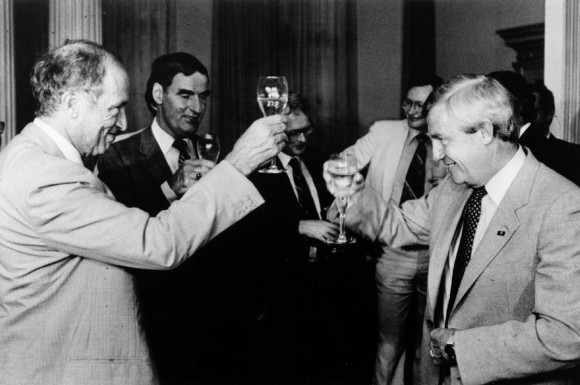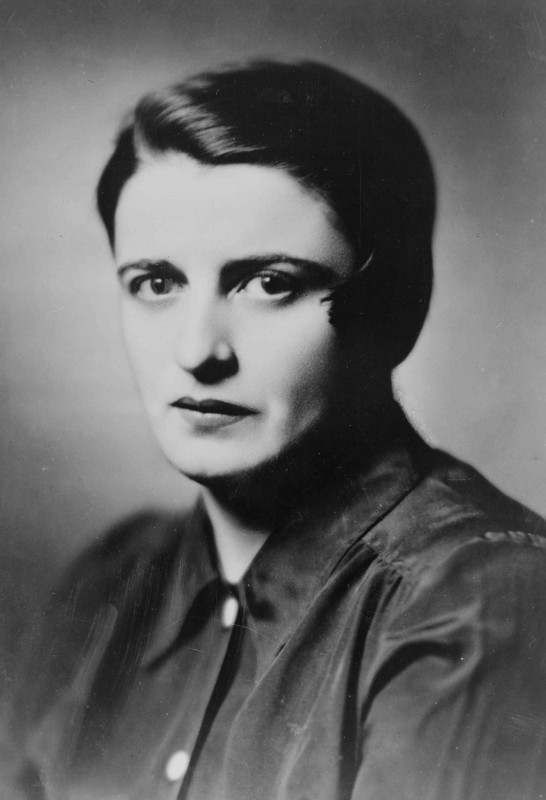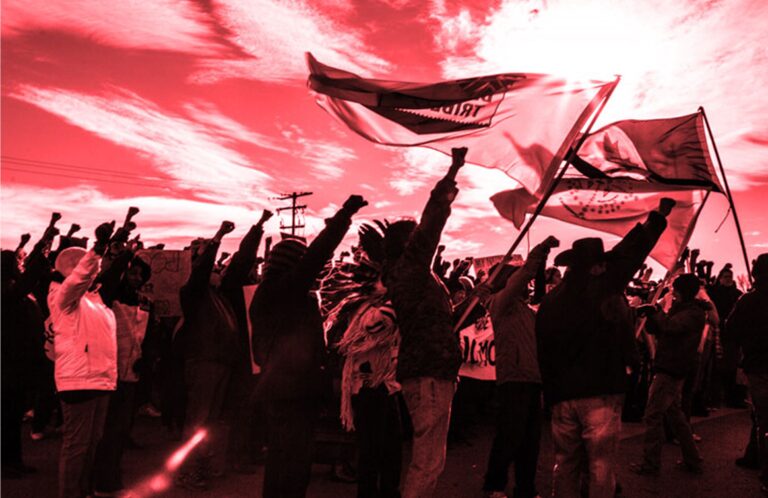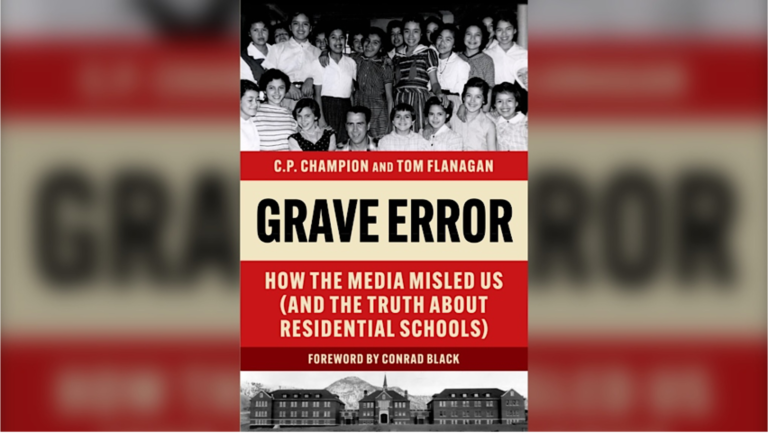Looking back on my intellectual development, I am struck more and more by how much of it was influenced by mere birthdate. Maybe nine-tenths of what it would be useful to know about me is captured in the date “1971”. The people who grew up in the Great Depression have remained Depression people to the bitter end: the people who were young during the Sixties will always be Sixties people, even if it is manifested in a reaction to the Sixties.
What is distinctive about people in my age cohort is the childhood experience of rapid inflation. At the age of eight or nine you have, or rather we had, a trivial disposable income – pocket money for a glass bottle of Coke, some Mojos, a fistful of Double Bubble. Living with disco-era inflation was an early lesson in how public policy failure can make the most basic economic planning difficult, the more so the poorer you are. Prices at the corner store in Bon Accord, Alberta, would be adjusted upward from week to week: without warning that Coke would be fifty-five cents, or Mojos one to the penny instead of two. If you had a bigger purchase in mind that involved actual saving of your allowance…good luck swimming upstream, kid.
I think the mental environment of a person born not very much later than this is radically different. The beginning of the Great Moderation in monetary behaviour is typically dated to about 1985: for anyone who started spending money outside their home after this, the solidity of a dollar has been more or less axiomatic. But Generation X has a Zimbabwean lobe of its brain that dreads stealthy confiscation of its labour and savings.
Mostly, though, it may have just made us “slackers”, to use a term that has followed this age cohort around. We are less concerned about dollar-denominated debt in our own lives, perhaps even in public affairs, than we are of inflation; we know dollars aren’t quite real. And one must not forget the Cold War background – the certainty of our annihilation having been preached to us in the classroom from an early age; nay, not just preached, but depicted luridly in movies like If You Love This Planet and The Day After and the BBC’s borderline-pornographic Threads. Big laughs in a town next to a major air base, I can tell you.
The rest of my birth certificate will add the information that my 1971 birth took place in Edmonton, Alberta – which brings up the National Energy Program, another thing it is probably impossible to comprehend if you weren’t living in the crosshairs. The period from 1980 to 1983 in my hometown was a surreal interlude of vanishing classmates, houses left empty to degrade in the hands of the bank, and constant uncertainty. Our world of play was one of half-finished subdivisions, abandoned lots and foundations, and scavenged building materials.
My father, a heavy-duty mechanic, never went too long between jobs, though in the depths of the crisis he was pulling parts out of wrecked cars for a pal who had some sort of interest in a junkyard. The Seventies had advanced us from a trailer to a house, and we clung on to that progress, eating stewed tomatoes and crackers, wearing runners until the toes made a jailbreak.
If the ultra-fluid late-Seventies dollar had been a lesson, the NEP years were a headmaster’s flogging. Not everyone in the neighbourhood was as lucky as us, and we all knew which houses held families who were fighting conditions to a draw, and in which ones they were badly behind on points. Dad was a night-shift driver for the town’s volunteer ambulance service. When someone gave up and tried to be excused from the game, the first news of it would often be the ringing of a featureless black phone by his bedside.
This spectacle left me very ready for the anti-statist libertarian ideas that I and my friends began to discover in high school. When I bring up the NEP now, I am always assured by the best authorities that I ought not to despise politicians, even Liberal ones, for it. It was the drop in oil prices after 1980 that was really to blame. What I notice is that at the start of 1985, after Alberta had been thoroughly devastated, West Texas Intermediate was still standing at $60 in today’s dollars – a level the price would not get back to for another twenty years. Right now, before we Albertans go to bed at night, we are all praying like earnest wee children for WTI to come back to $60.
If Alberta had been permitted to take advantage of world old prices, the effects of the NEP would obviously not have been so bomblike: it was a policy shock that had little to do with slowly dwindling oil prices, and anyone who thinks otherwise is kidding himself. But of course the vandalistic intention of the NEP was never disguised by anybody at the time. It was not introduced or implemented apologetically; quite the opposite. Je me souviens.
* * *
The joke immortalized in Jerome Tuccille’s libertarian memoir, It Usually Begins With Ayn Rand, certainly applies to the high school and undergraduate version of me. I devoured her published works, probably nigh on every word, and that strain persists in me, though it has been 20 years since I have gone back to those books for anything more than a purloinable bon mot or two. Rand’s rationalist egoism, manifested as a hysterical suspicion of plaster saints and appeals to sentiment, remains my basic outlook.
But many of Rand’s fellow-travellers, not to mention movement-libertarian types she hated like poison, made almost as great a total impression on me. It was George Hamilton Smith’s Atheism: The Case Against God (1974) that did the most to turn me from a drifting freethinker into a convinced atheist. On economics Rand deferred heavily to Ludwig von Mises, who preached the sacred law that prices are signals. She was a great poetic exponent of rationality, but I learned more about how reason actually works, and what it is for, from Karl Popper. And if it usually begins with Ayn Rand, one must add that it almost always passes through Robert Nozick’s Anarchy, State, and Utopia.
In public I always try to cite my undergraduate and grad-school association with the late Ronald Hamowy, who was professor of history at the University of Alberta when I majored in that there. Ron was probably the closest intellectual colleague of Murray Rothbard, the father of movement libertarianism, and he may have had the most impressive pedigree of any libertarian scholar, having studied with Friedrich von Hayek and Isaiah Berlin. (Hamowy and Rothbard were even briefly part of Ayn Rand’s intellectual circle, ironically called the Collective.)
I think the editor of C2C Journal is expecting me to write about how Dr. Hamowy libertarianized me. The embarrassing truth is that I signed up for one of Ron’s seminars without having the slightest idea who was teaching the course, and I attended for weeks before I realized he was one of the deities of 20th-century libertarianism. I only found out when I went to his office with some nugatory technical question about the syllabus and saw a Randian mate of mine chatting with the prof. The bizarre coincidence – don’t you know who this guy is?? – was soon explained to me.
Ron, enjoying the curious collision between us, took a liking to me, as I did to him. In his last year before retirement, he greatly enjoyed watching my mobile eyebrows react to the blatherings of other students in the seminars, and calling on me whenever I seemed particularly vexed. I had already passed through most of my undergraduate years without impressing anybody in the slightest – essentially still an autodidactic hick. I remain one, mostly, but Ron provided me with a brief, photographic flash of worldly finish and encouragement. I got the chance, almost pissed away between me and the sheer brute unhelpfulness of the U of A, to see first-hand how a scholarly conference goes and how books are assembled. It was a first encounter with the serious, high-octane life of the mind.
Actual scholarship, I ended up fleeing from. I mean – have you met those people? Even Ron, as dear as he was to me, was a decidedly bitter man, full of hostility toward a university that had tempted him to the tundra in the late Sixties with large nominal numbers of what he always called “Canadian pesos”. The other graduate students tended to be equally bitter, as if preparing for a life of disappointment, and they certainly lacked the redeeming quality of genius.
The newsroom at Alberta Report, to which I decamped after leaving university, was a more congenial graduate school. Under the influence of the Byfields and their gang of misfits – mostly people who had the same flashbulb exposure to higher learning than I did, or less – I added some colour and complexity to my ideology, and got at least a master’s in intellectual street-fighting.
At AR you could always find somebody who had the same books concealed in their secret trove that you did, or you could add to yours based on their conversations. There was a G.K. Chesterton cult; there was an Erik von Kuehnelt-Leddihn fan club. I still catch myself recommending books someone or other at AR thrust into my hands, relatively few of which are in any way right-wing: Bill Buford’s Among The Thugs, William S. Burroughs’ Junky, Nicholas Monsarrat’s The Cruel Sea.
As a public intellectual circus-performer I don’t go in much for libertarian axe-grinding – which is probably too bad, given all the Koch Brothers money churning around out there. As a rule it is more effective, and just more fun, to turn people’s own premises against them – to show a pro-lifer that he might be a poor Christian, a woman that her idea of feminism might be incomplete or inconsistent, a Liberal that he has lost touch with liberalism. (Capital-C Conservatives, of course, are no longer capable of shame about not being conservative.)
The fact is that libertarianism amounts to a lone principle or two – violence should only be used in retaliation, preferably under the rule of law, and people should trade peacefully rather than seeking coercive power over one another. These axioms don’t solve every practical political question, and may solve hardly any on their own. That’s why there are “left-libertarians” and “right-libertarians”.
The study of history has tended to make me increasingly monarchistic and anglophile, increasingly chauvinistic about the virtues of our inherited, time-tested system of government. You can’t get more right-libertarian than having a Queen and liking it. (By an accident of 20th-century history, there really is a strong pro-Habsburg streak in libertarianism; there’s a reason it’s called Austrian economics.)
But for a Canadian this actually involves a psychic distancing from the veneration of the United States that is characteristic of right-libertarians – characteristic, in fact, of most of us here in the Loyalist redoubt. We mostly don’t think of the American founding fathers as slave-owning terrorists; we don’t think the U.S.A. ought to be ashamed that ending slavery required 600,000 men to be thrown into an industrial death machine. When someone in a Hollywood movie gives those sneering redcoats heck, we cheer.
But there’s a concentricness to this. My father has always been a huge Northwest Rebellion buff; you can see the historic battleground of Frenchman’s Butte if you go a little ways uphill from the homestead he has returned to in retirement. The rifle pits from which men defending their homes shot at red-clad enforcers of Empire are still there; probably you could find a shell casing or two. People named Cosh probably wouldn’t live within a thousand miles of the Butte if the Empire hadn’t won the decisive battle. But all intelligent Westerners harbour some sympathy for, if not Louis Riel himself, then certainly Gabriel Dumont.
~
Colby Cosh is a columnist for Maclean’s Magazine.







